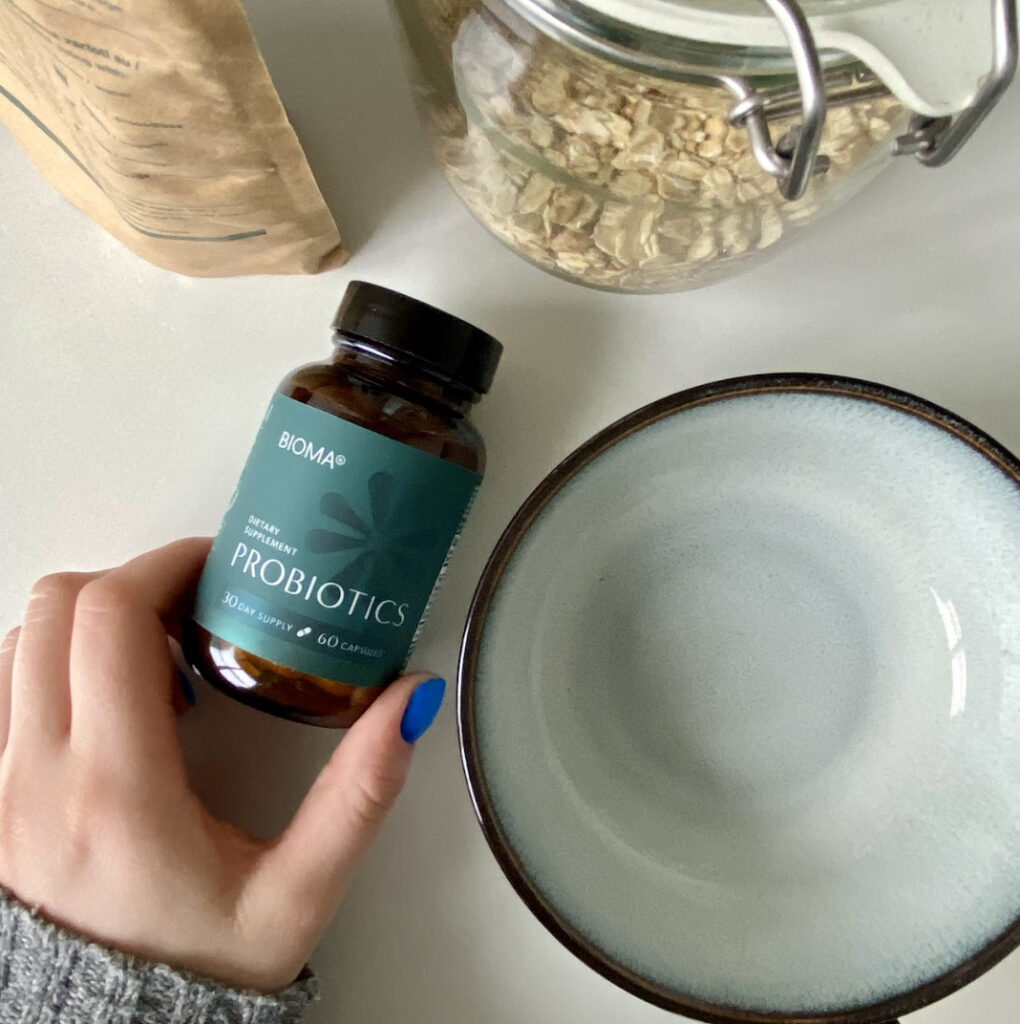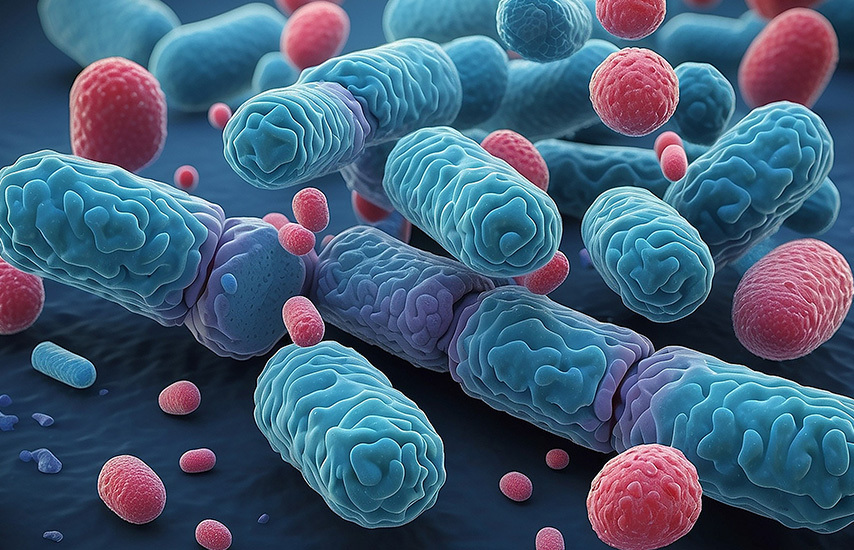Types of Probiotics: A Quick Overview

Probiotics are tiny but mighty microorganisms that play a vital role in maintaining your health. Found naturally in your body or consumed through supplements and foods, these live bacteria and yeasts improve gut health, bolster the immune system, and even influence mental well-being. With so many options available, understanding the types of probiotics is key to making the best choice for your health needs. This article provides a detailed overview of the genera, species, health benefits, and how to incorporate probiotics into your diet, along with insights into emerging research and safety concerns.
Understanding Probiotics
At their core, probiotics are live microorganisms that, when consumed in adequate amounts, confer health benefits to the host. They work by maintaining a balance in your gut microbiota, the community of bacteria in your digestive tract. This balance supports various bodily functions, from digestion to immune responses and mental clarity.
Probiotics are measured in colony-forming units (CFUs), which indicate the number of live bacteria or yeasts in a product. Common sources include probiotic supplements, fermented foods, and advanced formulations like Bioma Probiotics, which combine probiotics, prebiotics, and postbiotics for comprehensive gut health.
Common Genera and Species of Probiotics
Probiotics are categorized into genera and species, each with unique benefits. Here are the most studied types:
1. Lactobacillus
Known for its presence in yogurt and other fermented foods, Lactobacillus is one of the most popular probiotic genera. It helps break down lactose and supports a healthy digestive system. Key species include:
- Lactobacillus acidophilus: Aids in digestion and prevents harmful bacterial growth.
- Lactobacillus rhamnosus: Reduces diarrhea and supports the immune system.
- Lactobacillus reuteri: Improves oral health and reduces symptoms of colic.
- Lactobacillus plantarum: Enhances the intestinal barrier and reduces inflammation.
- Lactobacillus casei: Promotes gut flora balance and supports digestion.
2. Bifidobacterium
Found primarily in the colon, Bifidobacterium species maintain gut health by inhibiting harmful bacteria. Common species include:
- Bifidobacterium bifidum: Boosts immunity and supports digestion.
- Bifidobacterium longum: Reduces inflammation and promotes mental health through the gut-brain axis.
- Bifidobacterium animalis: Aids in digestion and improves stool consistency.
3. Saccharomyces
Saccharomyces boulardii is a beneficial yeast that supports gut health and combats issues like antibiotic-associated diarrhea and infections caused by Helicobacter pylori.
4. Bacillus
Known for its spore-forming ability, Bacillus probiotics, such as Bacillus coagulans, are resistant to stomach acid, ensuring they reach the gut alive. They are often included in multi-strain formulations for added benefits.

Health Benefits of Probiotics
Probiotics offer a wide range of health benefits. Let’s dive into how they support overall wellness:
1. Digestive Health
Probiotics improve digestion by maintaining a healthy balance in the gut. They reduce symptoms of irritable bowel syndrome (IBS), prevent inflammatory bowel diseases, and enhance the integrity of the intestinal barrier, reducing leaky gut issues.
2. Immune Function
By populating the gut with beneficial bacteria, probiotics strengthen the immune system, enhancing the body’s defense against infections and illnesses.
3. Mental Health and Psychobiotics
Probiotics influence the gut-brain axis, linking gut health to mental wellness. Certain strains, known as psychobiotics, reduce symptoms of anxiety, depression, and stress by modulating neurotransmitter production.
4. Weight Loss
Probiotics like those in Bioma Probiotics support sustainable weight loss by improving metabolism, reducing bloating, and balancing gut flora.
5. Disease Prevention
Probiotics can help prevent or manage conditions like antibiotic-associated diarrhea, vaginal infections, and cognitive and neurological disorders by promoting a healthier microbiome.
Incorporating Probiotics into Your Diet
Adding probiotics to your daily routine is easy and beneficial. Here’s how:
1. Probiotic Foods
Incorporate fermented products like yogurt, kefir, kimchi, sauerkraut, and miso into your diet. These foods are rich in live microorganisms from natural fermentation processes.
2. Probiotic Supplements
Supplements, such as Bioma Probiotics, offer a convenient way to ensure you’re consuming adequate amounts of probiotics. These products often feature multi-probiotics containing multiple bacteria species for broad-spectrum support.
3. Synbiotics
Combine probiotics with prebiotics—the fibers that feed beneficial bacteria—for enhanced benefits. Synbiotic products, like Bioma Probiotics, are an excellent example of this synergy.
Research and Challenges in Probiotics
The field of probiotics is constantly evolving, with ongoing studies exploring their potential and limitations. Here are some insights:
1. Evidence Base
While many probiotics are backed by research, challenges like the standardization of probiotics research and differences in probiotic strains make it essential to choose high-quality products with proven efficacy.
2. Emerging Areas of Study
Probiotics are being studied for their role in managing conditions like COVID-19 through the gut-lung axis, as well as their antiviral activity and impact on the immune system.
3. Quality Control
Ensuring probiotics are free from contaminants and include the correct strains is a challenge in the industry. Trusted brands like Bioma Probiotics prioritize rigorous quality control.

Safety and Side Effects
Probiotics are generally safe but should be consumed responsibly. Consider these points:
1. Digestive Side Effects
Mild symptoms like gas or bloating may occur as your gut adjusts to new bacteria. These typically resolve quickly.
2. Compromised Immune Systems
Individuals with compromised immune systems should consult a doctor before using probiotics to avoid potential risks like dangerous infections.
3. Regulation and Quality
Look for products that adhere to strict quality control standards, such as those from Bioma Probiotics, to ensure safety and effectiveness.
Why Choose Bioma Probiotics?
Bioma Probiotics stand out in the market with their innovative three-in-one formula that includes probiotics, prebiotics, and postbiotics. They offer multi-strain formulations featuring key genera like Lactobacillus and Bifidobacterium, delivering holistic benefits for digestion, immunity, and weight management.
- Comprehensive Gut Health Support: Addresses bloating, irregularity, and microbiome balance.
- High-Quality Strains: Contains research-backed species like B. longum and L. rhamnosus.
- Convenience and Affordability: Easy-to-use daily supplements at competitive prices.
By incorporating Bioma Probiotics into your routine, you can take a proactive step toward optimizing your gut health and overall well-being.
Final Thoughts
Probiotics are a powerful tool for enhancing gut health, boosting immunity, and improving mental and physical wellness. Understanding the types of probiotics and their benefits allows you to make informed decisions about incorporating them into your lifestyle. Whether you prefer natural probiotic foods or advanced supplements like Bioma Probiotics, consistency is key to unlocking their full potential.
Invest in your gut health today and experience the transformative power of probiotics. Your body—and mind—will thank you!
Related articles



